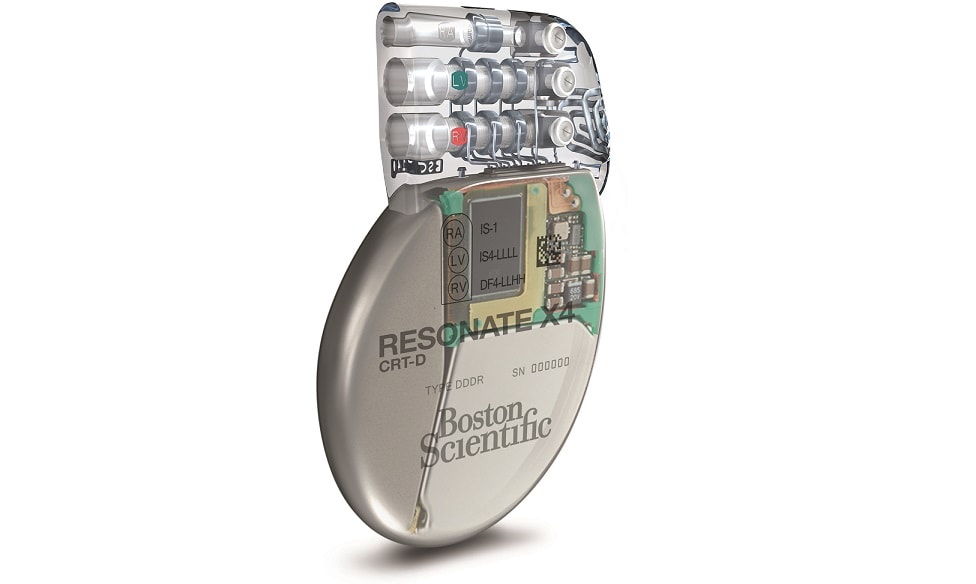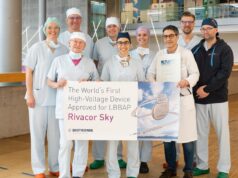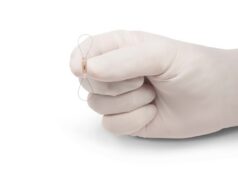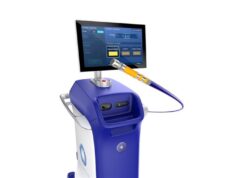
The National Institute for Health and Care Excellence (NICE) has issued medical technology guidance recommending the use of Boston Scientific’s cardiac resynchronisation therapy defibrillators (CRT-D) powered by EnduraLife battery technology for treating patients with heart failure.
In their evaluation, NICE—which provides evidenced-based guidance to improve health and social care in the UK’s National Health Service (NHS)—concluded that the extended battery life observed with Boston Scientific EnduraLife-powered CRT-Ds is likely to reduce the number of avoidable replacement procedures a patient may have to undergo, thereby offering improved outcomes for patients and potential savings to the NHS in England of approximately £6 million in the first five years.
The savings were calculated by modelling the costs associated with early replacement procedures, such as a reduction in hospital admissions, bed days and procurement costs. Fewer replacement procedures also equate to a reduction in associated costs accrued from post-operative complications and infections—both of which also have a measurable impact on morbidity and mortality.
“The NICE guidance reinforces the multi-faceted importance of battery longevity in devices treating patients with heart failure and life-threatening ventricular arrhythmias,” says Jay Wright, consultant cardiologist, Liverpool Heart and Chest Hospital, Liverpool, UK. “Additionally, the reduction in replacement procedures and potential savings identified within the guidance could offer longer-term relief to NHS providers who have recently seen an increase in the number of patients requiring further in-hospital treatment.”
The NICE medical technologies advisory committee found that the evidence from 16 independent clinical and economic studies supported a case for adoption and concluded that EnduraLife-powered CRT-Ds have a greater battery capacity and longer battery life compared with other CRT-Ds reviewed.









